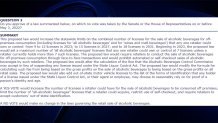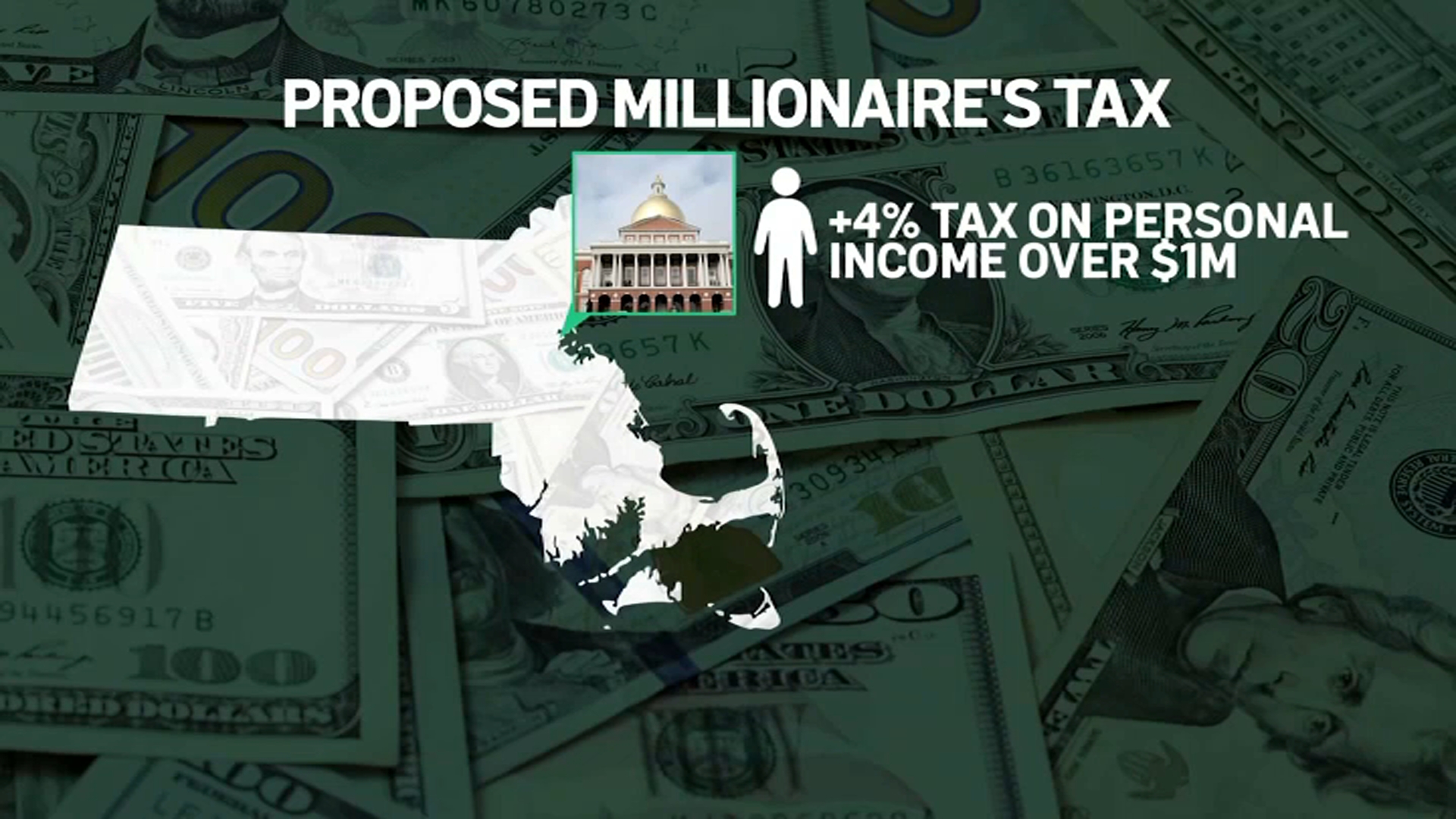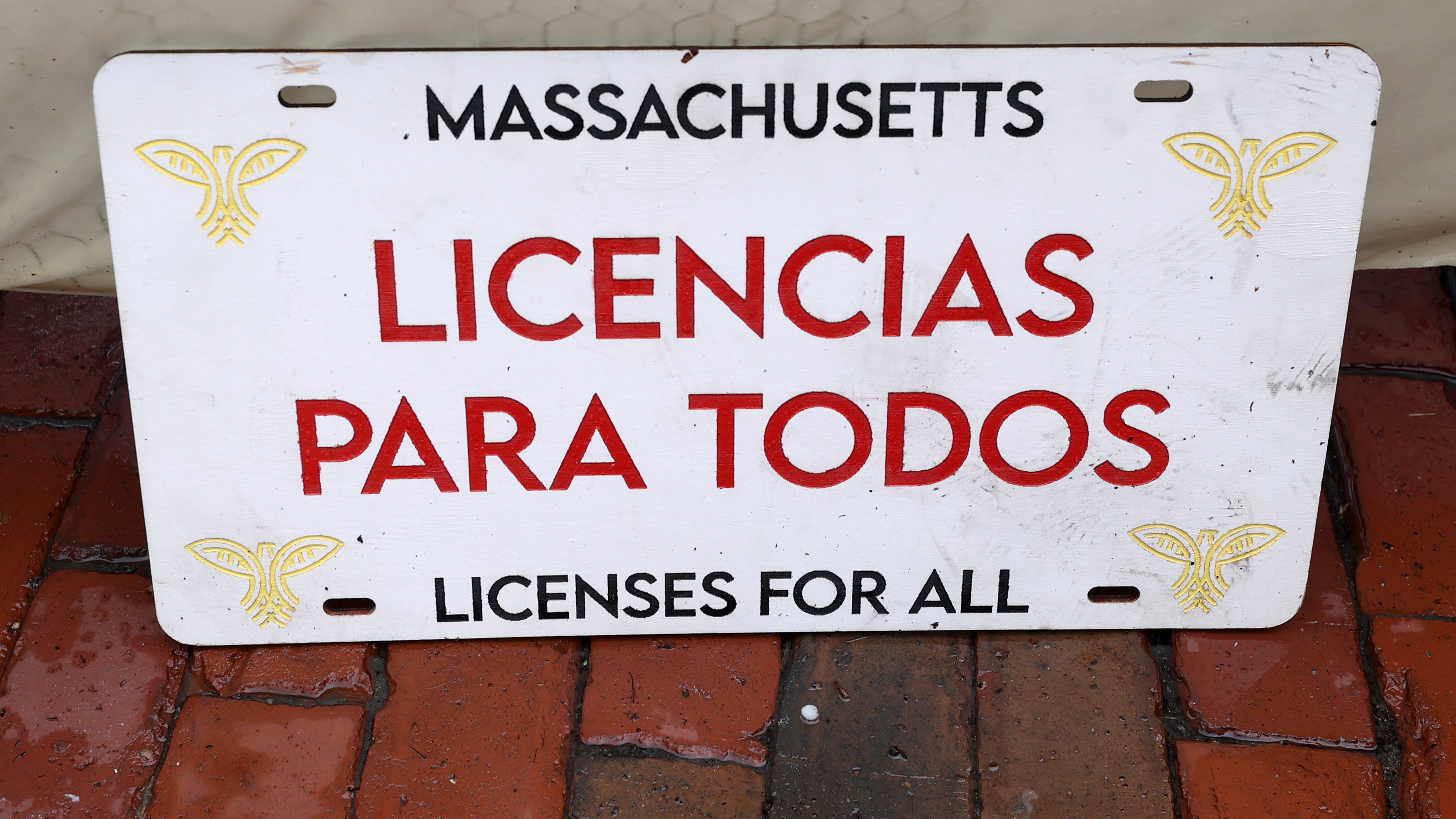Question 3 on Massachusetts' 2022 general election ballots would double the amount of liquor licenses any company or individual can hold to 18. Seven of those licenses would allow the sale of all liquor and spirits; the rest would allow the sale of beer and wine.
Political commentator Sue O'Connell explained what that means for residents on NBC10 Boston's political podcast, "Countdown to Decision 2022": "We have a set number of licenses that people can have, and often people hold on to them forever."
WATCH ANYTIME FOR FREE
Stream NBC10 Boston news for free, 24/7, wherever you are. |
For more on this and other issues, listen to our election podcast, "Countdown to Decision 2022."
Get updates on what's happening in Boston to your inbox. Sign up for our News Headlines newsletter.
"That means that some folks -- new folks, immigrants, Black and brown communities -- don't have access to that," O'Connell added. "We have a bit of a quagmire when it comes to liquor license and liquor selling."
The question was proposed and is backed by independent package stores. It was pitched as a compromise with the food stores to avoid a fight over simply lifting the cap on licenses altogether.
Tufts University's Center for State Policy Analysis estimates that the measure will have "basically no effect" on alcohol consumption and alcohol purchasing, Executive Director Evan Horowitz said.
"There's no increased alcohol sales, but it really is about chain stores," Horowitz said. "You know, your Cumberland Farms, your grocery stores -- they want to be able to sell beer and wine at a few more locations. And this will let them do that."
Get updates on what's happening in Boston to your inbox. Sign up for our News Headlines newsletter.
In addition to expanding license limits, the question would prohibit purchase of alcohol at self-checkout stations and allow a seller to rely upon an out-of-state ID as part of a "reasonable defense" against allegations of selling to a minor.
The language would also change the formula under which fines for selling to minors are calculated, which Horowitz said is "bad" for chain stores.
"That's why they really don't like it. It makes it really hard for chain stores to sell alcohol and compete with package stores when it comes to violations," Horowitz said.

The State House News Service contributed to this report.
Want to learn more about Massachusetts' 2022 ballot questions?
We have in-depth analysis on all four ahead of the November election




